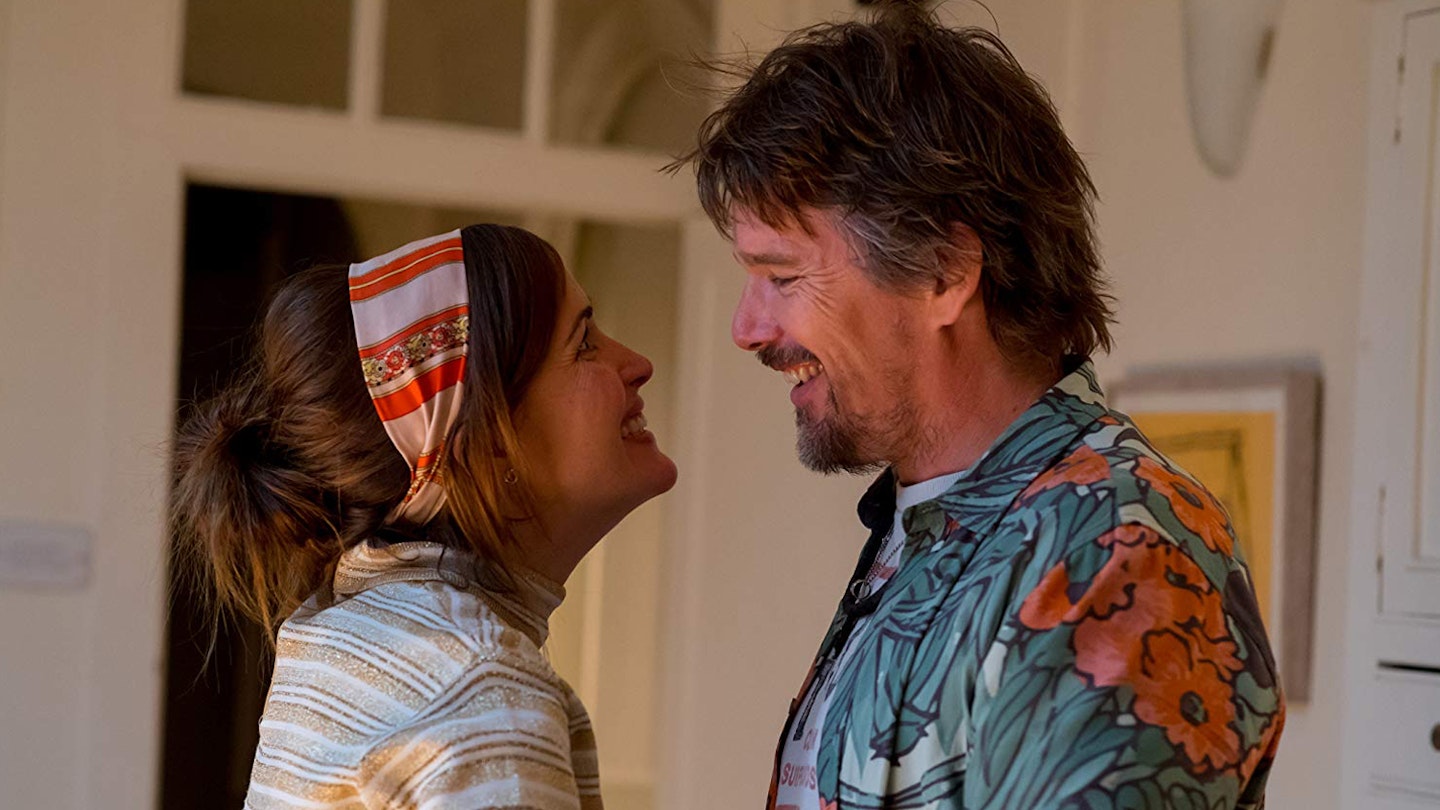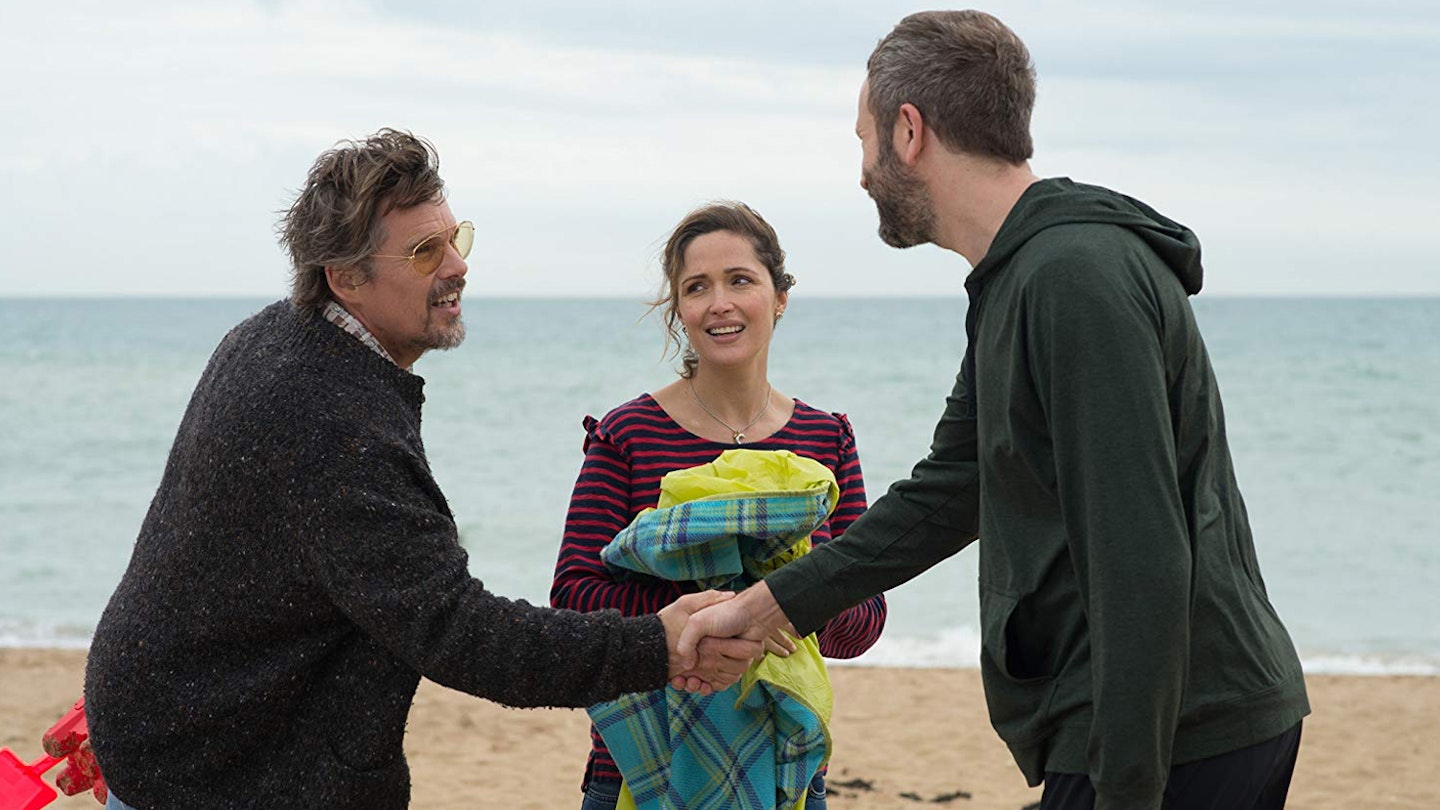Nick Hornby’s books have been generally well served by their on-screen versions, even when they’ve been messed with. High Fidelity survived its relocation to Chicago with its integrity intact, and the Farrelly brothers’ 2005 take on his 1992 ode to football fanaticism, Fever Pitch, was uprooted to the US with the Boston Red Sox standing in for his beloved Arsenal — which probably surprised no-one more than Hornby himself. Juliet, Naked bucks the trend in the sense that it relocates no further than north-east England to the south coast. But director Jesse Peretz and screenwriters Evgenia Peretz, Jim Taylor and Tamara Jenkins’ adaptation certainly continues the tradition of doing right by the source material.

A glance at the premise might suggest some shared DNA with Notting Hill — regular Joe (or Josephine in this case) enjoys unlikely romance with a celebrity — but that’s true only in the sense that The Sopranos is genetically related to Analyze This. Yes, the set-up is meet-cute conventional and yes, the trajectory of the story arc is as plain as a pikestaff, but that’s just surface. What counts is the emotional argy-bargy going on below, the flesh and bone beneath the shiny skin of familiarity.
Ethan Hawke brings artfully grizzled loveability to, essentially, a thoughtless prick.
Hornby’s brilliance has always been his ability to dwell on the less lovely aspects of life — loneliness, obsession, regret — without sacrificing the warmth or the laughs, and that is beautifully preserved here. So while, overall, we’re on familiar feel-good ground, it’s mined for some astutely observed, occasionally painful, moments of truth.
Hornby is also something of a genius at confronting the emotionally stunted man-child that lurks inside most human males. Which is why Juliet, Naked gets a pass on the egregious cliché of a burnt-out rocker searching for redemption amid the debris of his drink-and-drug addled past. It also doesn’t hurt that the burnt-out rocker in question is played by Ethan Hawke, who brings artfully grizzled loveability to a character who is, essentially, a thoughtless prick desperate for a second chance. Byrne is also on terrific form, and the offbeat pairing of the two accounts for much of the film’s charm.
The only (slightly) bum note is, astonishingly, the usually reliable Chris O’Dowd. Aside from a highly impassioned speech on the nature of fandom (a neat summation of everything Hornby has to say on the subject), he seems to be acting in a comedy several shades broader than this one. That’s hardly O’Dowd’s fault, since he neither wrote the script nor directed the film. But even so, his character is oddly out of step with the rest of the cast, and although his blatantly tacked-on end-credit rant to camera is funny, it also jars with the film’s poignantly understated final scene.
